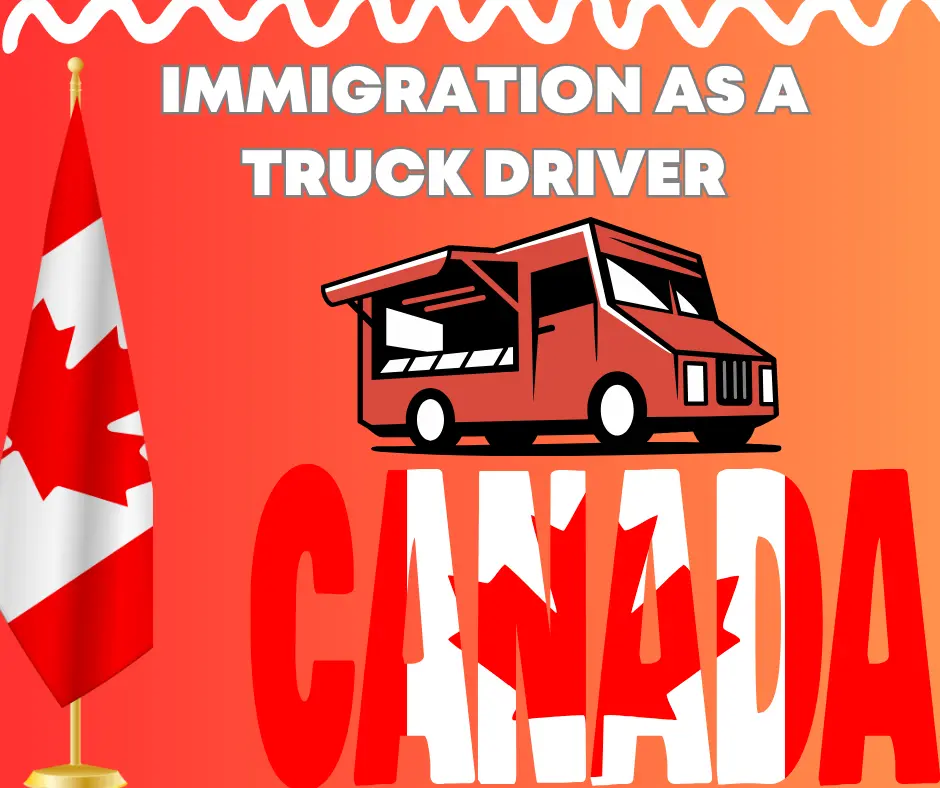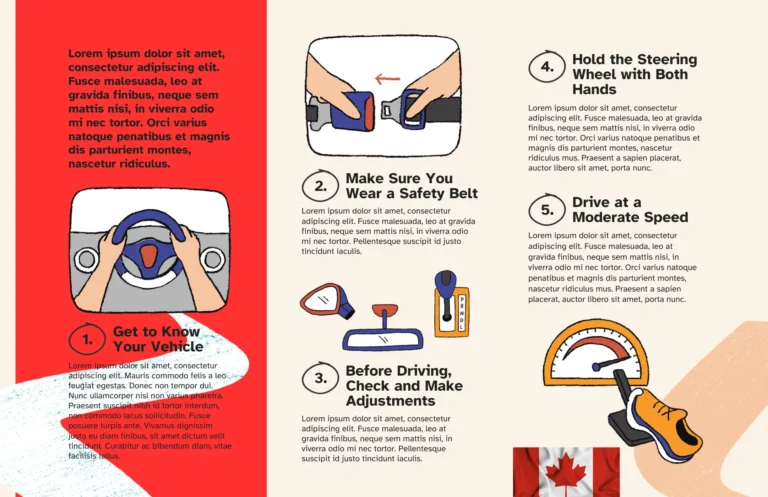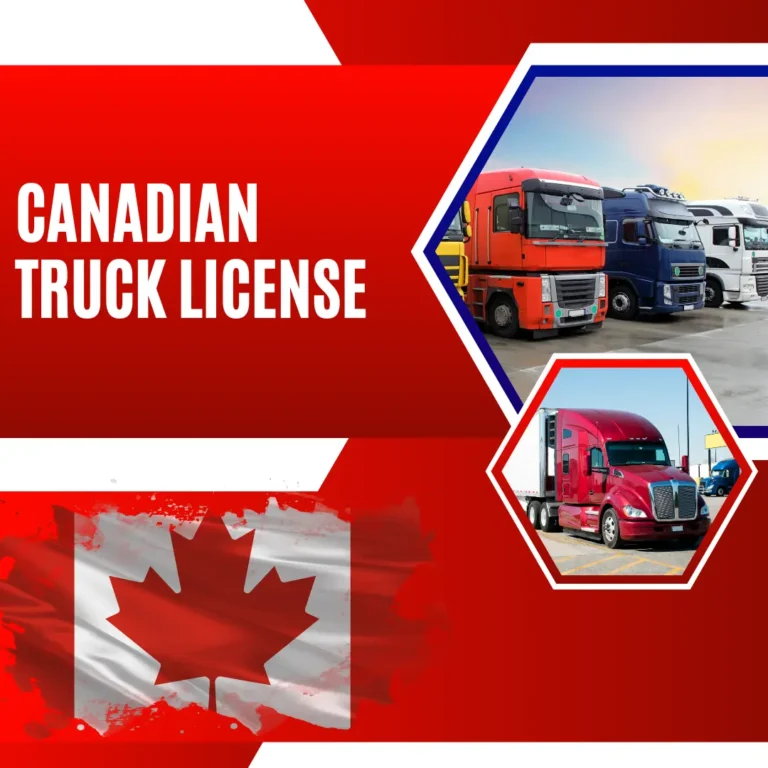How do I immigrate to Canada as a truck driver?
Truck drivers are more necessary than ever. Through 2025, Canada will require more than 17,000 new truck drivers every year to balance the market and demand. This is your chance to enter the market and grow in your profession, to put it another way.
Does Canada have a real need for truck drivers?
Canada is indeed facing a truck driver shortage as of January 2022. Factors such as an ageing workforce and the growing need to transport goods throughout the country have influenced the demand for truckers.
COVID-19 has brought to light the importance of truckers in the flow of medical supplies, groceries and other goods. Labor shortages vary from region to region, depending on the economy, demand for certain industries, and government policy.
The labor market can be volatile and demand for certain occupations could change. It’s important to use reliable information, like labor market reports or announcements from government agencies, in order to obtain the most current picture about the need for truckers.
It is important to stay informed on the most recent developments regarding the Canadian labor market, immigration laws and policies if you plan to immigrate as a trucker. Contacting potential employers in Canada and associations of the industry can also provide useful insights on current employment opportunities as well as demand for truckers in certain regions.
Steps of immigration
It is important that you understand the process and adhere to it. The process could have changed since my last update, in January 2022. It’s important to consult a licensed migration consultant or check the Government of Canada website for the most recent information.
This is a guide for truck drivers on how to move to Canada:
Check Your Eligibility
You can check if you are fit for immigration to Canada. These criteria can include age, education level, proficiency in a foreign language, work experience, etc.
Language Proficiency:
You can take a test to determine your language skills in English or French, such as the CELPIP or IELTS. It is important to be fluent in English or French for immigration.
Due to their nature of work, which requires effective communication with different stakeholders within the transportation industry, language proficiency is essential for Canadian truck drivers. Communication with other drivers and personnel in the logistics and transportation sectors, as well as dispatchers, is essential to ensuring that goods are transported safely and efficiently. To avoid miscommunications, communicate clear instructions for delivery schedules, routes and potential road issues.
Second, it is important to have good language skills for dealing with customs officials and border officers. This is especially true in Canada, which has a wide variety of languages.
Truck drivers must be able to respond to and understand instructions, rules, and questions during border inspections.
Canada truck driver The IELTS requirement is at least 4 on all English language skills (or French). It’s equivalent to IELTS 4.5 for listening and reading and 4.0 in speaking and writing
Education Credential Assessment:
If required, have your educational credentials evaluated. It is important to do this if you intend to use your education as a basis for claiming points in the immigration process.
The Education Credential Assessment, or ECA, is relevant even if truck driving as a profession places more status on practical experience and skills. The ECA may be needed when applying for immigration through programs that give points based on education. While formal education in trucking might not be the first consideration, having an ECA enhances one’s overall immigration profile.
Obtaining an ECA, for example, can add value to a trucker’s immigration application if they have formal credentials like a diploma. The assessment serves as official confirmation of your educational qualifications. It contributes to the overall ranking system that is used for immigration processes such as Express Entry.
A number of provinces have programs or pathways for immigration that include education. In these situations, an ECA might strengthen the applicant’s eligibility. Truck drivers are disadvantaged by the fact that they lack practical skills and experience
Get a job offer:
Get a job from a Canadian company. A job offer will increase your chance of being selected to immigrate. Employers may be required to submit a Labor Market Impact Assessment.
Researching and identifying trucking companies that hire foreigners in Canada is a vital step. The Internet, including job boards, sites devoted to specific industries, and professional networks, can be a valuable resource for those seeking employment. Applying for a job requires that your resume be tailored to include relevant information such as truck driving certifications, language proficiency, and experience.
Irrespective of the size or scope of your business, networking within that industry is essential. By connecting with trucking organizations, participating in events and online forums, and attending industry events, you may gain insight on potential job opportunities. Building relationships can help you get valuable recommendations from recruiters, other industry professionals, or even your fellow truck drivers.
You can also apply for a provincial nomination.
There are some provinces that have Provincial Nominee Programs, which allow them to nominate people for permanent residency based on the needs of their particular area. If you’re interested in a province, check if it has a program for truckers.
Verify Eligibility: Examine the eligibility requirements for truckers in the relevant PNP stream. The criteria may include language skills, work experience and an offer of employment from a provincial employer.
Submit an expression of interest (EOI). Certain provinces ask candidates to submit an expression of interest, which indicates their desire to immigrate to the province. You may be invited to submit an application for provincial nomination if your profile meets the required criteria.
Get a job offer (if needed): Certain PNP streams are available for truckers that require an employer to provide a job offer. Make sure you are in compliance with the requirements for the PNP stream that interests you.
Fill out the application. Submit a completed application to provincial immigration authorities if you are invited. Include any necessary documentation, including proof of education, work experience and language tests.
Await Nomination: Once you have submitted your application, it is important to wait until the authorities in each province make a decision. You will be issued a provincial nomination certificate if you are nominated.
How to Apply for Permanent Residency: If you have a provincial nomination from the government, then the application for permanent residency can be made through Express Entry or another immigration system, based on your province.
Get Permanent Residence After your application for permanent residence is approved, it’s possible to move permanently to Canada.

The Express Entry System is a system that allows you to enter your home or office using your mobile phone.
You can create an Express Entry profile if you are eligible. Express Entry manages three programs of federal economic immigration: the Federal Skilled Worker Program (FSWP), the Federal Skilled Trades Program (FSTP), and the Canadian Experience Class.
Sending an application:
Resume (Curriculum Vitae):
Include your truck driving experience, such as the types of vehicles that you have driven and what type of cargo was transported.
Indicate the years you’ve been driving long distances or locally.
Include any special skills or certificates related to driving a truck, like hazmat certification.Please include any information you have about additional courses or training related to transportation.
Cover Letter:
Your cover letter should be tailored to the job or company that you’re applying for.
You should express your interest and explain briefly why you would be a good candidate.
Your competence and reliability will be demonstrated by highlighting your key achievements or experiences.
Mention your familiarity with Canadian safety regulations.
References:
Please provide professional references, either from former employers or other colleagues within the transport industry.
Make sure that you have references who can attest to your work ethic and dependability as a driver.
Driving Abstraction:
Include your driving abstract. This is a history of all violations and past driving records.
In the trucking business, a clean driving history is very important.
Commercial Driver’s License Copy:
You should also include a valid copy of your commercial driver’s license. Make sure it is for the vehicle type you will be using in Canada.
Language Proficiency Proof:
You can include your language test scores (such as IELTS, CELPIP, etc.) to prove that you are fluent in English or French.
Work visa or permit if you are already in Canada:
Please provide information about the current status of your work permit or visa if you are applying within Canada.
Certifications Additional (if any):
Add copies of additional certificates relevant to trucking, like first-aid training or certification for transportation of dangerous goods.”
Job-Specific Requirements:
You should also address any requirements that are mentioned in the job description, for example, the need to be able to operate special equipment or handle specific types of cargo.
Profile for Express Entry (if you are applying via Express Entry):
Create and submit an Express Entry profile that highlights your educational background, professional experience, proficiency in a foreign language, and any other factors relevant to you.
Await a decision:
A decision will be made on your application. It is important to have patience because the processing times can be different.
Visit Canada
You will be sent a confirmation of permanent residence (COPR) if your application has been approved. This document is required to enter Canada permanently.
Other Tips
Keep up-to-date with any changes made to immigration policies and procedures.
Consult a lawyer or licensed immigration advisor to make sure you are meeting all the requirements.
It’s important to remember that the immigration process can be complicated. You should always rely on official sources for accurate information.
What is the work permit for a trucker in Canada?
Truck drivers who come to Canada need a temporary foreign worker permit. It is often necessary to have a valid job offer, usually accompanied by an LMIA. Certain truckers may not be required to submit a LMIA under certain conditions. Work permit durations are tied to job offers and may require language skills. It is important to stay informed on immigration laws and consult with professionals and employers for an easy application.
Do truckers have a high demand in Canada?
Truck drivers were in high demand as of January 2022. This is due to Canada’s growing logistics and transportation industries and their essential role in the supply chain. The high demand for drivers is due to several factors, including aging workers, labor shortages, and an increased need for goods transportation. The labor market can change with time and vary from region to region. For the most current picture of the need for truckers in Canada, it’s best to consult reliable sources.






